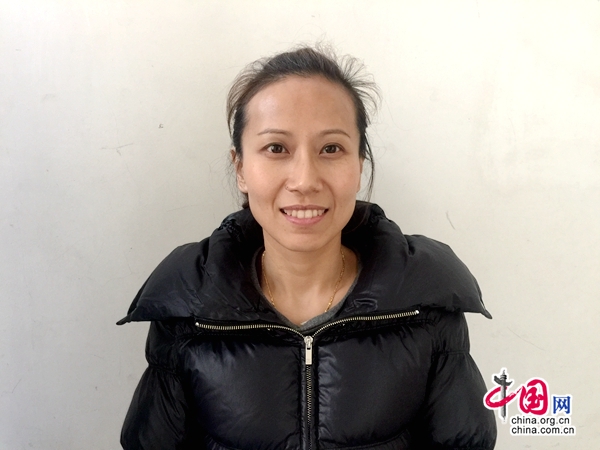Tang Zhanxin
 |
|
Tang Zhanxin.[photo/china.org.cn] |
Recommended by: Beijing Disabled Persons’ Federation
In 2004, Tang Zhanxin graduated from a German university with a master’s degree. Just one day before she was to come back to China, she lost the ability to walk in a car accident.
|
Tang Zhanxin visits people with disabilities.[photo/china.org.cn] |
Tang was unable to take care of herself. She needed help to dress and to go to the toilet. For a long time, she locked herself up, refusing to see anybody and living in devastation.
In 2007, she began to learn more about spinal cord injuries in China. She discovered that about 1.3 million people suffer from the condition; most of them aged between 20 and 30. Many live in poverty, and, what is even sadder, experience depression and thoughts of suicide.
|
Tang Zhanxin takes a subway.[photo/china.org.cn] |
Tang decided to help, and with three other people with spinal cord injuries organized the first Zhongtu Home in Beijing.
Zhongtu Home aims to help people recover mentally and physically, so they can live normal lives. “Zhongtu” has two meanings. One is that the injury occurred in the middle of the person’s lifetime, and the other refers to the process of reintegrating into society.
Tang’s team tried to collect and convey positive and effective ideas. They spent two years researching spinal cord injury rehabilitation around the world, and published the first rehabilitation guidance in China.
In a letter to the mayor of Beijing, Tang and her team suggested that the government offer free sanitary goods to spinal cord injury patients. In response, the government published a special policy offering such goods to more than 600 individuals with spinal cord injuries in the city.
With the help of the government, the team also organized a rehabilitation training camp in Beijing to help shorten the rehab time from several years to several months. The training taught people with spinal cord injuries to live on their own instead of being taken care of all the time, saving a great deal of money for their families.
Tang and her team have gone on to publish materials on building barrier-free facilities in undergrounds and parks in Beijing, and are determined to carry on their voluntary work to help more people with spinal cord injuries live full lives.




















